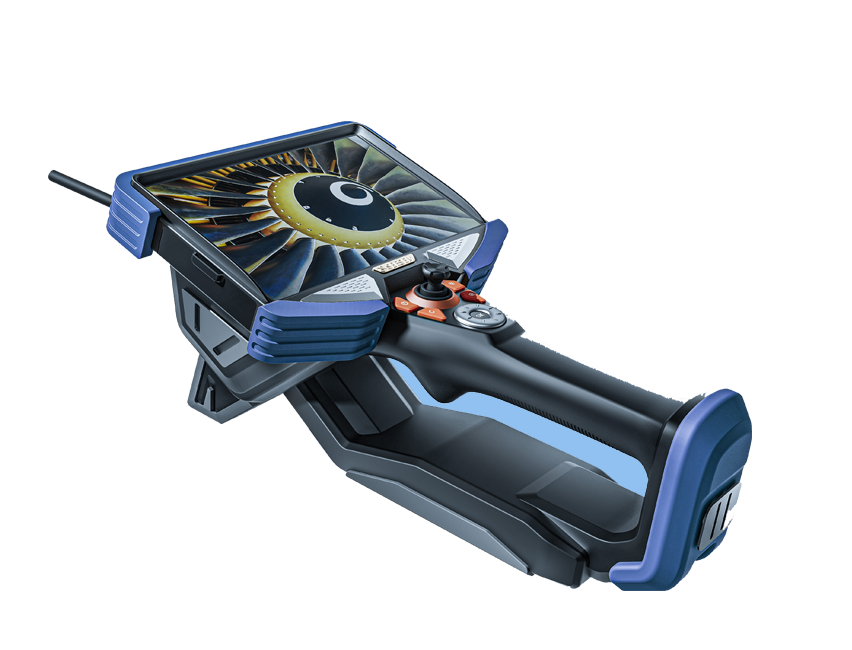Exploring the Factors Affecting Video Borescope Prices
Introduction: Video borescopes have revolutionized various industries by providing visual access to hard-to-reach and confined spaces. These versatile tools are utilized in fields such as aviation, manufacturing, automotive, and more. As with any technology, the price of video borescopes can vary significantly based on several factors. In this article, we will delve into the key determinants that influence video borescope prices.
1. Optical Quality and Resolution: One of the primary factors affecting the price of a video borescope is its optical quality and resolution. Higher-end models typically offer superior image clarity and higher resolutions, allowing for better inspection accuracy. These advanced optics contribute to increased manufacturing costs, thereby leading to a higher price tag.
2. Probe Length and Flexibility: The length and flexibility of the probe, or insertion tube, can greatly impact the price of a video borescope. Longer and more flexible probes enable access to deeper and more intricate spaces, making them valuable for industries like aerospace and automotive. However, the production of longer, flexible probes with minimal distortion often involves advanced engineering techniques, which can contribute to a higher cost.
3. Articulation Capability: Video borescopes equipped with articulation capabilities, allowing the user to control the direction of the camera tip, tend to be more expensive. This feature enhances the inspection process by providing a wider field of view and increased maneuverability. The incorporation of articulation mechanisms adds to the complexity of the device, impacting its overall price.
4. Light Source and Illumination: Effective illumination is crucial for clear visuals during inspections. Video borescopes with adjustable LED lighting, adaptable to various environments, are more costly to manufacture. The inclusion of advanced illumination systems drives up the overall cost of the device.
5. Image and Data Recording: The ability to capture images and videos during inspections is a desirable feature for documentation and analysis purposes. Video borescopes with built-in recording capabilities, touchscreens, and wireless connectivity generally come at a higher price due to the incorporation of additional components and technology.
6. Durability and Build Quality: Industries often require rugged and durable tools capable of withstanding harsh environments. Video borescopes designed with robust materials, protective features, and water or dust resistance come at a premium. The extra investment in build quality and durability contributes to the higher price point.
7. Brand Reputation and Support: Well-established brands with a reputation for producing reliable and high-quality equipment tend to charge a premium for their products. This premium often includes factors like customer support, warranties, and the assurance of a reliable investment.
Conclusion: The price of a video borescope is influenced by a combination of factors including optical quality, probe length, articulation, illumination, recording capabilities, durability, and brand reputation. As technology advances and industries continue to rely on these inspection tools, manufacturers are likely to offer a range of options tailored to different budgets and specific needs. Understanding the factors that contribute to video borescope pricing can help businesses make informed decisions when investing in these essential tools for inspection and maintenance.


